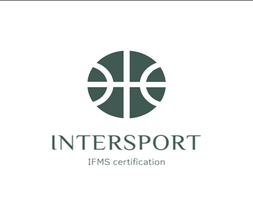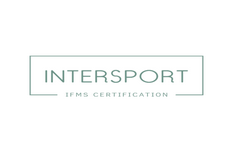IFMS (International Football Management Standard)
Objective of the MODEL OF EXCELLENCE in sports management
We must begin by indicating that sports in general and football in particular have developed new conditions substantially different from those existing only twenty years ago.
The economic figures that Football move, the media interest that Football arouse, the passions that Football move, and the global interest that Football capture, indicate that, in a similar way to what has occurred in the world of the Industry or Business in general, new scenario for Football industry has appear, marked by knowledge in management and other intangible assets that are those that bring value to business organization.
On the other hand, the fact that football has the level of popularity in Europe and the world, gives it a special responsibility to society, its ability to show behavioral patterns, create social values, influence all society and especially in the youngest and for being a model of the future for many people, both personally and in business
From this arises the need to develop some guidelines for the management of sports entities and training centers, which allow:
- Define and deploy ethical and sustainability values towards society.
- Define strategies and management criteria to ensure the School sustainability, growth and current and future economic equilibrium.
- Training in values, personal development, technical and tactical sports, future world sports elites, in order to discover talent, develop it and give it maturity, responsibility and technique, which will enable its professional success

Process of implementation of the MODEL OF EXCELLENCE
PHASE I:
- Evaluation of the current situation of the School: an audit is performed according to the model.
- Strengths and weaknesses report
- Definition of the actions to be taken, setting priorities according to the availability of resources and times. .
- Implementation of the action plan.
PHASE II:
- Implementation of defined actions
- Periodic evaluation of the implemented actions.
- Closure of implementation.
PHASE III:
- Initial certification of the model where the level reached is determined by external audit by audit team of management experts and technical experts in training, tactics and development of Footbal techniques.
- The certification periode is of three years, and can be renewed.
- Maintenance of Certification is by audits and must be carried out every year.
PHASE IV:
- Improvement of the system
- Increased level of certification.
- Optimization management system.
CERTIFICATION PROCES :
The phases of the certification process are:
1.- Commercial offer
2.- Acceptance of offer by the client.
3.- Signature of the Certification contract .
4.- Assignment of the auditor
5.- Determination of the date of audit (planning audit).
6.- Certification Audit
7.- Certified audit closure
8.- Issuance of the certificate (3 years duration as long as the follow-up audits are carried out)
9.- 1st follow-up audit (1 year after certification audit).
10.- 2nd follow-up audit (1 year after first-track audit).
11.- Audit of renewal (1 year after the audit of 2nd follow-up).

NOTA: ESTA WEB NO UTILIZA COOKIES NI NINGÚN MEDIO DE CONTROL VISITANTES.
INTERCER
Avda. del Conocimiento nº 34, Parque Tecnológico de Ciencias de la Salud , 18006 Granada, Spain
Copyright INTERCER. All rights reserved.


